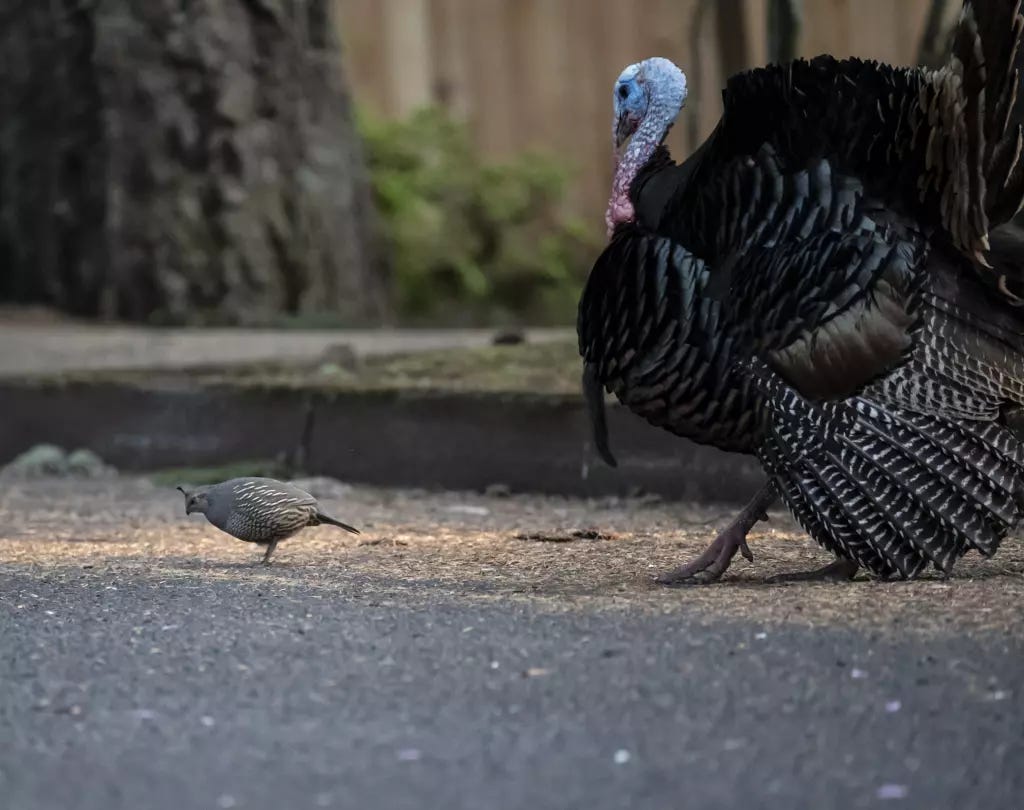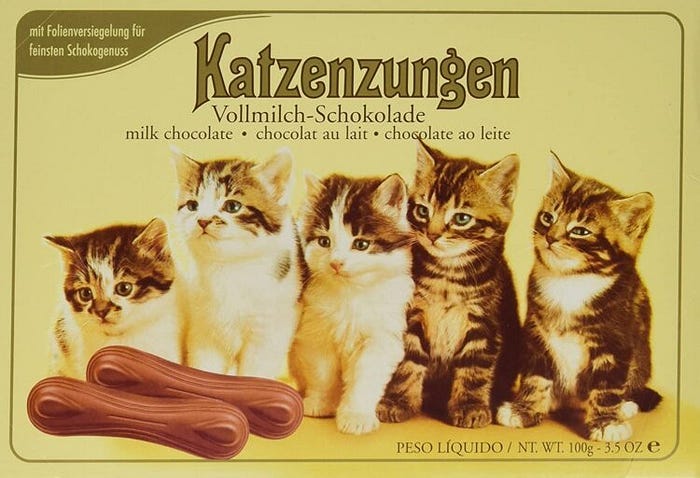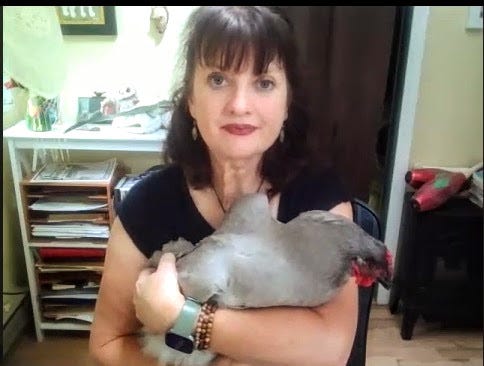Let Your Writing Change the World:
How (and Why) to Sell Op/Eds to Newspapers around the Country
September 2, 2024
Dear Writers,
Welcome to StoryCellar: News & Opportunities for Writers. I’m glad you’re here!
I’ll email paid subscribers with a link to a complimentary online lesson teaching you exactly how to submit an op/ed essay to newspapers. It includes examples over cover letters and a list of my favorite editors and their publications.
It’s not too late to become a paid subscriber; click here for details!
First of all, a shout-out to my former UO colleague Michael Copperman whose flash nonfiction “Something” appears in this issue of Pithead Chapel. I adore the evocative characterization and the spare, subtle message in his story.
Can we talk about op/ed essays? These are the short pieces (usually between 600-700 words) that appear with letters to the editor in newspapers. Almost every newspaper in the country reserves at least one spot a day for guest commentary.
You could be that guest commentator!
Editors look for fresh, surprising voices from every demographic and every age. You don’t need to have published a book. You don’t need to have published anything! You just need to have a compelling story, powerfully told.
Over two decades, I’ve had multiple op/eds published in newspapers around the country. I’m not a political pundit—not at all. Instead, I’ve learned to explore the social issues dear to my heart through a personal lens. Here are a few examples to illustrate what I’m doing, and what you can do, as well:
· For The Oregonian, “A Fashion Breakthrough for those with Developmental Disabilities.” My brother has Down syndrome, and I wrote about the first model with this intellectual disability to model in New York Fashion Week. I care passionately about representation of this demographic in the media; this is my small way of ensuring that people with Down syndrome have a presence and a voice.
· For The Los Angeles Times, “What a Quail Taught Me about Grief by Joining a Flock of Turkeys.” (Open in Firefox to read the whole piece.) Five years after my mother’s death, I still struggled with grief. But nature in the form of an indefatigable, weird little quail, offered solace. I’m hoping she—along with my story—offered solace to those grieving, as well.
· For The Chicago Tribune, “Of Backup Moles and Dueling Mothers.” Years ago, I wrote about a pink stuffed mole in the context of navigating childhood trauma and domestic drama. I wanted to add my voice to all the others protesting discrimination against queer parents by illuminating the repercussions for kids caught in the political crossfire. A I wanted to write about a pink stuffed mole from my childhood.
Why did these pieces get published? They give readers insight into topics they might not otherwise consider, in a voice that’s intimate and friendly to balance out the more sophisticated and hard-hitting political op-eds in newspapers in print and online.
You can offer readers the same types of stories. Ask yourself these questions:
1. What social/political issues are making me happy, sad, angry, or surprised?
2. What personal connection do I have to one or more of these issues?
3. How can I use research or an expert interview to support my own views and add depth and perspective to my story? (See my op/eds above for examples of research and expert opinions.)
The Op-Ed Project offers a wealth of resources to help you craft and submit your op-ed. I do a bit of paid consulting/editing when I’m not on deadline or reading my MFA students’ writing, so feel free to reach out at melissahartsmith(at)gmail(dot)com.
A Few Cool Resources for Writers
“Tired? Distracted? Burned-Out? Listen to This” from The Ezra Klein podcast. This one changed my life, people!
Is It a Book? 5 Ways to Test Your Nonfiction Book Idea | Jane Friedman
Stop Drop and Roll: How and When to Share Your Work Online | from Brevity
“Hybrid conferences should be the norm — optimize them so everyone benefits” from Nature.com
“How Storytelling Can Enhance Your Leadership Skills in 2024” from Forbes.com
Workshops, Awards, Retreats & Calls for Submissions
“Want to write about mental health? These publications are looking for pitches” from The Freelancer's Year
“Inspired Life: How to submit a story to The Washington Post” (open in
Firefox)
Speculative Literature Foundation’s $1000 Working Class Writers Grant
Willie Morris Awards for Southern Writers
Compass Writers 2025 Walk & Write Retreats | in Scotland and Japan
What I’m Publishing
From The Los Angeles Times, “My Teen Daughter Turned a Beach Visit into a Lesson on Protecting the Planet.” (To get around the paid firewall, open this essay in Firefox.)
From Human Parts, my weird little essay “I Ran Marathons Until I Got Cancer. Chocolate Cat Tongues Helped Me Heal.”
And in case you missed it, Dame Magazine published my researched personal essay “The Sandwich Generation Can Also Mean Caring for Adult Siblings”
And Good Beer Hunting published my researched personal essay: “Natural Incline: Across Generations, Willamette Ski Patrollers Embrace Uphill Battles.”
Melissa’s Learn at Your Pace Online Writing Classes
I offer 13-lesson online course on “How to Write Personal Essays for Magazines and Newspapers.” It’s thirteen short videos and handouts packed with book recommendations, short assignments, essay writing tips, and links to dozens of published personal essays by a diverse roster of writers.
I also offer info-packed, lively one-lesson courses: “How to Sell Personal Essays to Newspapers and Magazines,” “How to Use Personal Essays to Promote Your Books,” and “How to Write Quick Query Letters to Impress Busy Editors.”
Okay, that’s all for now. Let me know if you want me to include any writing resources in my October issue, and I’ll do so!
Much gratitude,
Melissa
P.S. Here’s a photo of me being chicken-bombed during a journalist interview on Zoom. Fortunately, my interview source found it charming.





